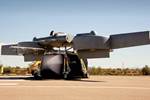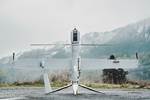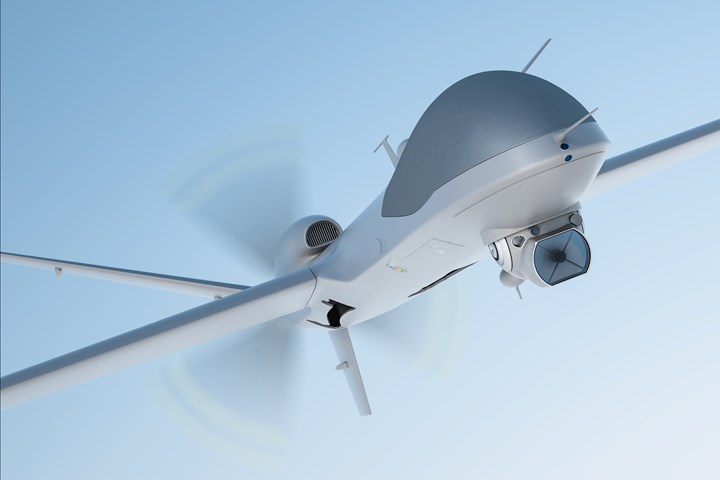AMD receives DASA funding for U.K. unmanned air system competition
AMD will incorporate existing low-cost radar absorbing material technologies to advance autonomous air systems.
Nanotechnology company Advanced Material Development (AMD, Guilford, U.K.) has received U.K. government Defence and Security Accelerator (DASA) funding within the new “Affordable and Adaptable Unmanned Air Systems” competition.
Funded by the Army Research Innovation and Exploitation Laboratory (ARIEL), a part of the Army’s Futures Directorate, the competition seeks novel, low-cost and adaptable autonomous air system development for the U.K. The challenge for AMD is to use its existing low-cost radar absorbing technologies to help such autonomous air systems survive against evolving counter-air and counter-uncrewed air system threats.
“We are excited to be working within this program offering the U.K. government an opportunity to exploit AMD’s existing radar absorbing technologies that have been developed over the last 5 years,” John Lee, CEO of AMD, says. “We fully expect to be able to demonstrate that AMD materials will, without any other negative impact, provide a significant broadband reduction in the radar cross-section of the platform.”
AMD creates ultra-lightweight, cost-effective and sustainable advanced sensors and electronic devices via its multifunctional materials platform, which can be integrated into coatings, plastics, composites and foams. The company is addressing challenges across multiple sectors, including defense, industrial, consumer and life sciences.
Related Content
-
Materials & Processes: Fabrication methods
There are numerous methods for fabricating composite components. Selection of a method for a particular part, therefore, will depend on the materials, the part design and end-use or application. Here's a guide to selection.
-
Lockheed Martin expands development, production of ultra-high temp CMCs with facility expansion
Targeting current and future needs in hypersonic and aeronautics applications, Lockheed Martin Skunk Works’ Allcomp team is increasing and digitizing its capabilities in ceramic matrix composite (CMC) materials and parts fabrication.
-
Plant tour: Renegade Materials Corp., Miamisburg, Ohio, U.S.
Renegade Materials is known for high-performance prepregs for aerospace applications. Following its acquisition by Teijin in 2019, the company has expanded capacity and R&D efforts on a range of aerospace-targeted materials.














